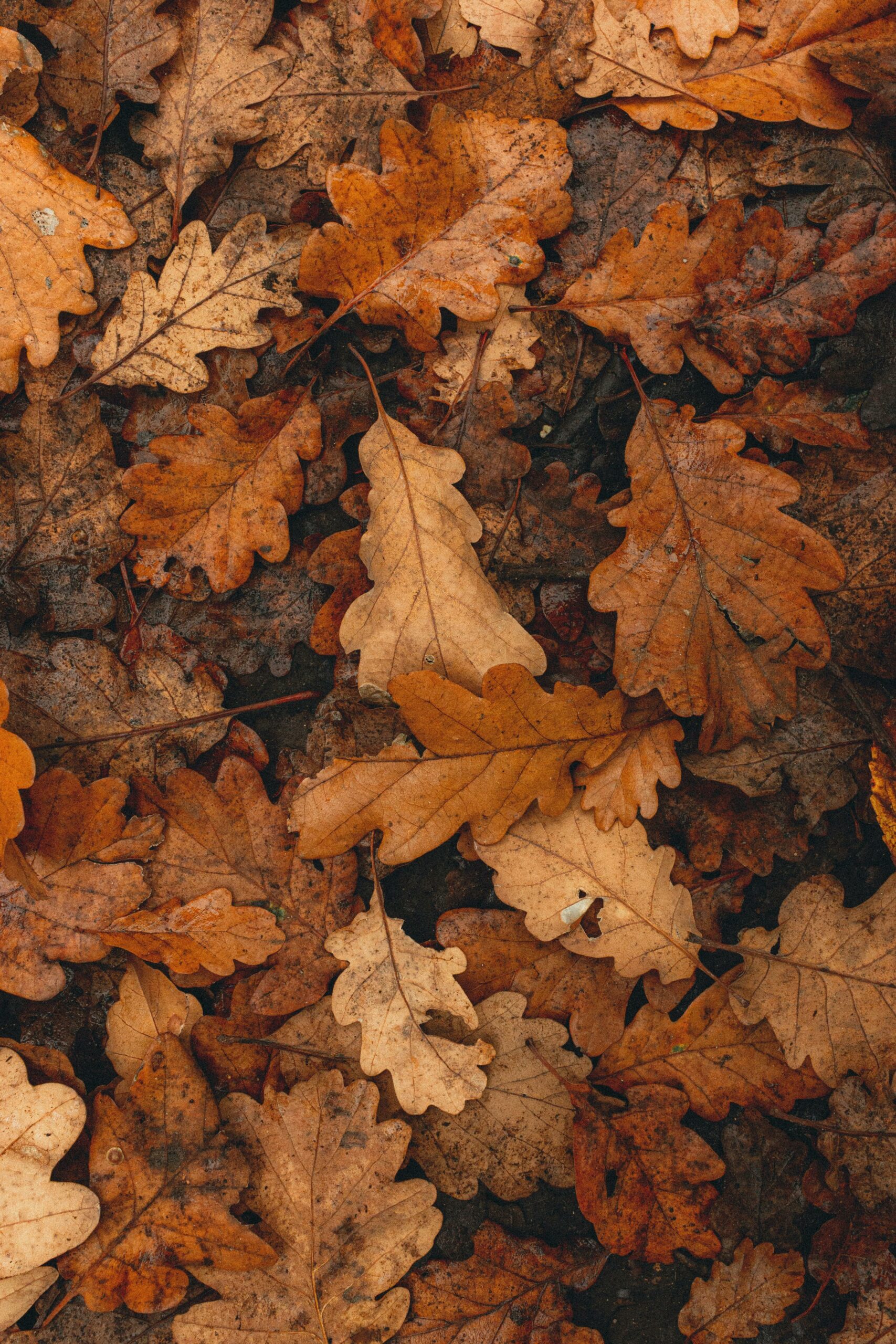As the summer heat begins to relax and the days grow shorter, it’s time to start thinking about transitioning your organic garden from summer to fall. In Denver, with its unique climate characterized by hot summers and chilly autumns, it’s essential to plan and execute this transition carefully. Here are some best practices to help you make the most of your organic garden as you move into the cooler months.
Assess Your Current Garden
Begin by assessing the current state of your garden. Take note of what crops are still thriving and which ones are nearing the end of their lifecycle. Remove any spent plants and compost them, ensuring your compost pile stays healthy and active. This cleanup helps reduce the risk of pests and diseases and prepares space for fall planting.
Plan Your Fall Garden
Denver’s first frost typically occurs in early October, so it’s crucial to choose crops that can handle cooler temperatures. Some excellent choices for fall gardening include leafy greens like kale, spinach, and lettuce, root vegetables such as carrots, beets, and radishes, and hardy herbs like parsley and cilantro. These plants thrive in cooler weather and can often survive a light frost.
Enrich the Soil
After a summer of growth, your garden soil may be depleted of nutrients. Before planting your fall crops, enrich the soil with organic matter. Incorporate well-aged compost, which adds essential nutrients and improves soil structure. You might also consider adding organic fertilizers like bone meal or fish emulsion to give your fall crops a nutrient boost.
Seed Starting and Transplanting
For a successful fall garden, timing is everything. Start seeds indoors in late summer to give them a head start before transplanting them outdoors. Crops like broccoli and cauliflower, that require a longer growing season, are best seeded indoors in early to mid June, grown for around 8 weeks and transplanted to the garden by mid – August. When transplanting seedlings, do so in the late afternoon or on a cloudy day to reduce transplant shock.
Mulching
Mulching is an essential practice for fall gardening. It helps regulate soil temperature, retains moisture, and suppresses weeds. Use organic mulches like straw, shredded leaves, or small amounts of pesticide – free grass clippings around your plants. As the weather cools, mulch also provides insulation, protecting plant roots from sudden temperature drops.
Watering Wisely
While the cooler weather reduces the need for frequent watering, it’s still important to ensure your fall garden receives adequate moisture. Water deeply but less frequently, focusing on the root zones of your plants. Early morning watering is best to minimize evaporation and give plants time to absorb moisture before the temperature drops at night.
Pest and Disease Management
With the change in seasons, new pests and diseases may appear. Keep a close eye on your garden for signs of trouble. Use organic pest control methods such as neem oil, insecticidal soap, or beneficial insects like ladybugs and lacewings to manage any infestations. Regularly inspect plants for disease and remove any affected foliage promptly to prevent the spread.
Extend the Growing Season
To maximize your fall harvest, consider using season extenders like row covers, cold frames, or hoop houses. These structures help protect your plants from early frosts and extend the growing season by creating a microclimate around your crops. They can be particularly useful for tender greens and other frost-sensitive plants.
Reflect and Plan Ahead
As you transition your garden, take the time to reflect on what worked well during the summer and what could be improved. Keep a gardening journal to note successes, challenges, and any adjustments you’d like to make next year. Planning ahead will help you continuously improve your gardening practices and yield better results each season.




